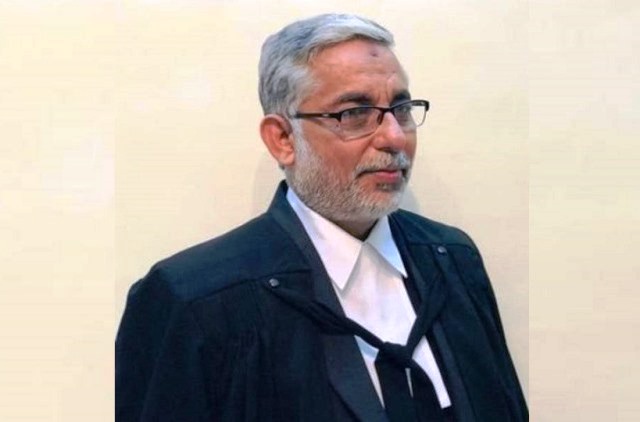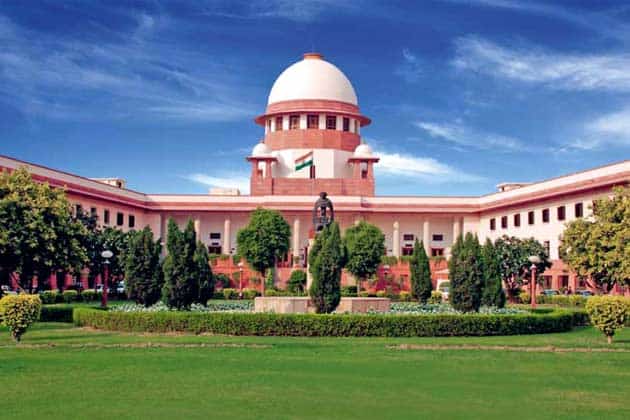Saghar Mehdi, an advocate at the Lucknow Bench of Allahabad High Court, speaks about Kiren Rijiju’s stint as Union Law Minister which was riddled with unsavoury outbursts:
I believe the transfer of Mr Kiren Rijiju from the Union law ministry was a result of his continuous and uncalled for vocal criticism of the collegium system for the appointment of judges in the Indian judiciary system. Mr Rijiju was repeatedly making ‘suggestions’ for the inclusion of the Executive in the decision-making process for the appointment of judges, which caused the Union government many an embarrassing moment. A bitter, unsavoury exchange left the government with no other option but to shift him to another ministry.
As far as the social or professional behavioural ethics go, it is ideal for the constituents of any system or organisation to work within one’s domain and responsibility assigned. This is particularly so in a robust democracy, where the three constitutional pillars, namely Legislature, Executive, Judiciary should not interfere in the work domain of others for smooth functioning of the state.
In this sense, the continuous and unwarranted outburst of a person holding a high office was widening the differences between the executive and the judiciary. If at all the ‘recommendations’ of Mr Rijiju were to be implemented by any chance, the judiciary would lose its impartiality. For, its actions and decision will then be seen or perceived as influenced by the government of the day. For any judicial system to remain unprejudiced, it should not perform under any kind of influence or indulgence of the government otherwise it will merely be reduced to a puppet in it hands.
ALSO READ: ‘Political Postings For Retd Judges Send A Wrong Signal’
The Union minister had also been terming the Collegium system of appointing judges as opaque and not accountable from many platforms and had been advocating an alternative mechanism (with the interference of the government). If at all you imagine it to be so, it will become like a double-edged sword with all the observations and judgments going under the lens on all the platforms creating more problems for both the constituents (of the appointment authority – the government and the judiciary).
Rijiju’s comments on retired judges – he said a few retired judges were part of the anti-India gang – probably the last straw that tested the government patience. It was a sub-standard, childish remark, and a direct attack on the judiciary.
Even the lawyers community across the country felt that the allegations against retired judges, who spent a lifetime to uphold the rule of law, marked a new low in the public discourse. It is justifiable to be critical in a healthy manner in a democracy but to be outrageous and launch a blunt attack on a responsible person is character assassination. And coming from a person sitting in a highly accountable position, this was unacceptable.
It is the beauty of Indian Constitution that it provides a fair and just platform to everyone to live freely and express their emotions and feelings. But this freedom and these rights should be duly reciprocated and practiced with mutual respect to one another.
Read More: lokmarg.com
As told to Rajat Rai

